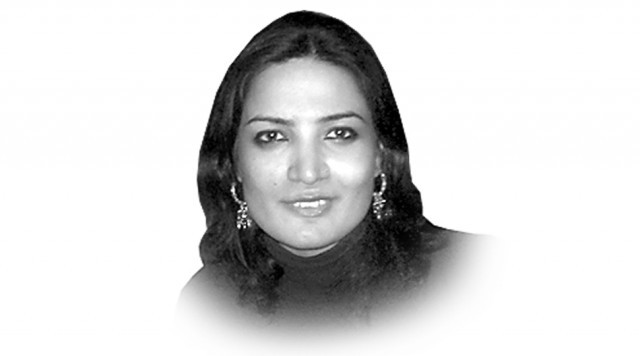A critique of the national youth policy
If someone wants to learn how not to write policy documents, they should ask Pakistani bureaucrats.

The document talks about inculcating competitive spirit in the youth but it is impossible to do so when we do not provide them with a level playing field. Apart from state-run public schools, we have religious seminaries (madrassas), English medium private schools and high-end private schools where students get a foreign GCSE or IB certification. The desire to compete can only arise when the education system is similar across the country and for that the education policy needs to be revised. Unless that is addressed, the level of competence and the desire to compete will be at variance.
The document emphasises civil rights and civic responsibilities and young people are encouraged to become good citizens. However, the document fails to define what good citizenship entails and how it can be realised. Similarly, the document does appear earnest about providing young people with recreation space but again, no planning is attached to it. Who would be responsible for provision and maintenance of such a facility, how will it meet its running finances? The document is silent on this.
The policy gives the impression that most of the country is urban, educated and middle-class. The reality is quite different. A good 50 per cent of our population live in small towns and villages and are either semi-literate or uneducated. They are excluded from this policy.
The policy also talks about mentoring programmes which should be consolidated. Professionals from all walks of life should be encouraged to take part in it and a plan should be devised where the youth from the public sector will get a mentor who will guide them in matters of academics and personal growth. Mentors should be encouraged to take responsibility of their wards’ academic well-being.
All the document has is a list of some fancy ideas and plain old rhetoric about monumental change. A policy document should have a policy statement and a modus operandi that will be used to implement that policy. Our youth policy wants to inculcate good national and civic character through seminars and conventions. If someone in the youth ministry actually believes that, then the whole system of competitive exams that makes them the decision-makers needs to be overhauled as well.
Published in The Express Tribune, October 4th, 2010.













COMMENTS
Comments are moderated and generally will be posted if they are on-topic and not abusive.
For more information, please see our Comments FAQ